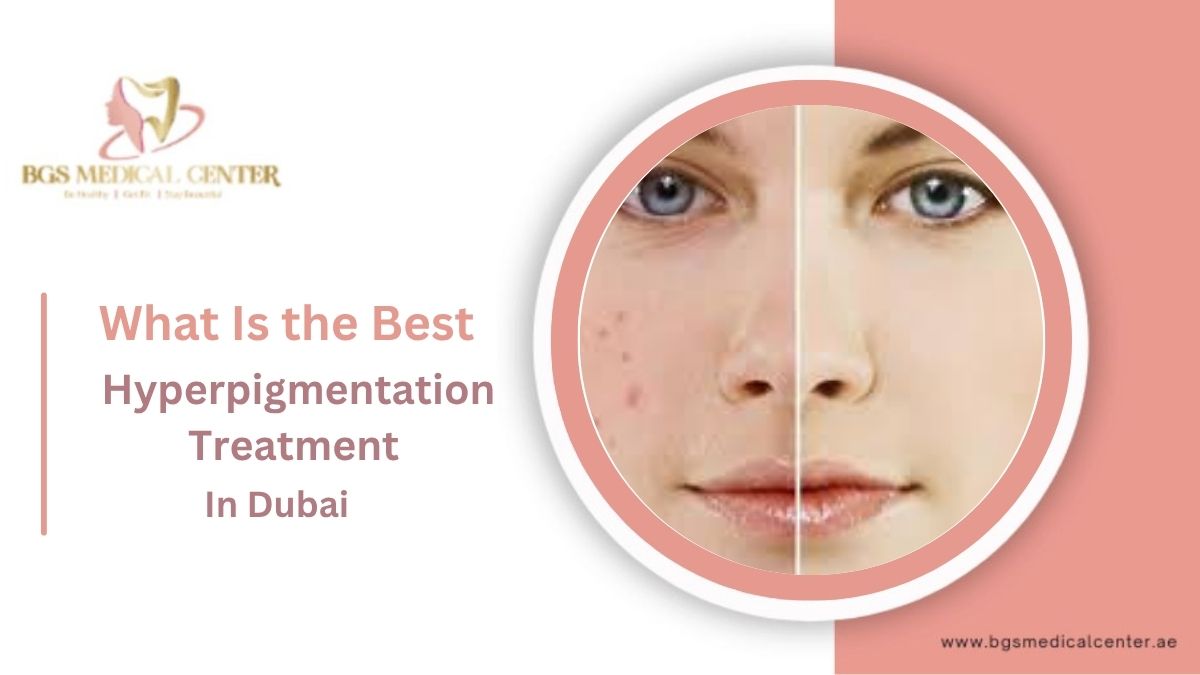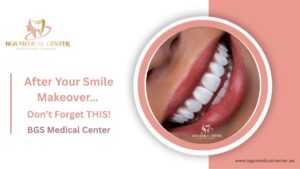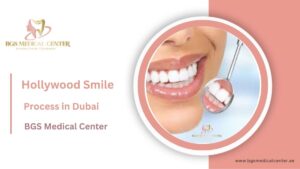Dubai’s sun can do more than tan your skin, it can leave dark patches and uneven tone that don’t fade easily. Many residents experience pigmentation because of daily UV exposure, heat, and humidity.
The good news: modern dermatology now offers safe, DHA-approved ways to correct pigmentation without damaging the skin. Whether you prefer lasers or gentle peels, both options can restore balance and clarity.
In this guide, you’ll learn what causes pigmentation, how dermatologists diagnose it, and how laser and chemical peel treatments compare, so you can choose the safest and most effective plan for your skin.
What Causes Pigmentation Problems in Dubai?
Dubai’s strong sunlight and hot climate make pigmentation more common. Many people notice melasma, freckles, or dark spots, especially after acne or hormonal changes.
Dermatologists explain that pigmentation happens when the skin makes too much melanin, the pigment that gives it color.
Main triggers in Dubai:
- Long hours in the sun without sufficient SPF
- Hormonal changes (pregnancy, medication)
- Post-acne inflammation that leaves marks
- Harsh whitening creams or acidic products
- Genetic factors and heat exposure
Because each skin type reacts differently, a DHA-licensed dermatologist should confirm the cause before starting any treatment. For a broader look at dermatology care, visit the dermatology guide in Dubai.
How Do Dermatologists Diagnose Pigmentation in Dubai?
Diagnosis decides everything. During your pigmentation consultation at BGS Medical, the dermatologist will:
1. Reviews your medical and sun exposure history.
2. Uses bright and UV light to locate pigment depth (epidermal vs dermal).
3. Identifies your pigment type, melasma, post-acne marks, or sun damage.
4. Designs a plan that matches your skin tone and daily routine.
Depending on the results, your doctor may suggest a chemical peel, laser therapy, or a combination of both. Each plan includes sun-care education and after-treatment support to suit Dubai’s climate.
How Do Chemical Peels Treat Pigmentation Safely in Dubai?
Chemical peels are a popular pigmentation treatment Dubai patients choose for mild to moderate discoloration.
How Peels Work
Dermatologists apply controlled medical acids that remove the outer layer of damaged cells, revealing fresh skin underneath.
Benefits:
- Fades surface-level pigmentation and sun spots
- Brightens tone and smooths texture
- Minimal downtime (1–2 days)
- Affordable and customizable
“We often begin with light peels before lasers,” says Dr. Mohammed Hassan, Specialist Dermatologist at BGS Medical Center. “They help prepare the skin and reduce pigment safely in early stages.”
Peels are most effective for treating superficial pigmentation and can be paired with acne scar treatments for smoother, more even skin. These options are part of the broader Dubai dermatology services overview that helps patients choose the right approach for their skin.
How Does Laser Treatment Help Pigmentation in Dubai?
Laser therapy targets stubborn or deep pigmentation that doesn’t respond to peels.
How Lasers Work?
Lasers use focused light to break pigment into tiny particles that the body naturally removes.
Benefits:
- Treats deep or mixed pigmentation (melasma and sun damage)
- Delivers results faster than peels
- Stimulates collagen for smooth, refreshed skin
BGS Medical devices are FDA and DHA approved and carefully adjusted to match each patient’s skin tone and sensitivity. Hormonal pigmentation can often be managed effectively through advanced care plans that include melasma treatment options designed for lasting skin balance and clarity.
Which Works Better for Pigmentation in Dubai, Laser or Chemical Peels?
The best treatment depends on your pigmentation depth, skin type, and goals.
| Aspect | Chemical Peels | Laser Treatments |
|---|---|---|
| Depth | Surface (epidermal) | Surface + deep (dermal) |
| Sessions | 3–6 gradual | 2–4 fast |
| Downtime | 1–2 days | 2–3 days |
| Best For | Mild pigmentation | Stubborn melasma or deep spots |
“The best results often come from combining both methods,” adds Dr. Hassan. “Peels prepare the skin, and lasers treat the deeper layers safely for Dubai’s sun-exposed skin.”
How Can You Maintain Results After Pigmentation Treatment in Dubai?
Your skin needs consistent care after any treatment to prevent pigment from returning.
Dermatologist tips:
- Apply SPF 50+ daily (even indoors)
- Limit direct sun from 10 AM to 4 PM
- Use antioxidant serums and pigment blockers at night
- Schedule maintenance visits every 3–6 months
For long-term support and follow-up care, patients can visit a skin care clinic in Deira, Dubai, for continued treatment and guidance.
When Should You See a Dermatologist for Pigmentation in Dubai?
See a doctor if you notice:
- Dark patches that spread or darken after sun exposure
- Irritation from skincare creams
- Pigmentation after pregnancy (melasma)
- Persistent spots after acne or injuries
Avoid home remedies or over-the-counter bleaching creams. Dubai’s heat and humidity can worsen pigment without medical guidance. If you have both pigmentation and acne marks, see our post on acne scar pigmentation for combined solutions.
What Should You Know Before Starting Pigmentation Treatment in Dubai?
Pigmentation treatment in Dubai is about precision and safety. The right approach depends on diagnosis, custom planning, and consistent aftercare.
At BGS Medical Clinic, dermatology services, every plan is built by DHA-certified experts who understand Dubai’s climate and diverse skin types.
FAQs
Q. Are pigmentation treatments safe in Dubai?
Yes. DHA-licensed dermatology clinics in Dubai follow strict safety guidelines and use FDA-approved lasers and medical-grade peels. Treatments are customized for each skin tone to ensure safe and even results.
Q. How many sessions are needed?
Most patients see visible improvement after 3–6 sessions, depending on how deep the pigmentation is. The BGS Medical Center dermatologist will adjust the number of sessions based on your skin type and recovery speed.
Q. Can I go in the sun after treatment?
Avoid direct sunlight for at least 48 hours after your session. Always apply broad-spectrum SPF 50+ when going outdoors, as Dubai’s strong UV rays can reactivate pigmentation if unprotected.
Q. Which is better: lasers or peels?
Both work well, but for different levels of pigmentation.
- Lasers are best for deeper, stubborn pigment like melasma.
- Chemical peels work gently on surface spots and uneven tone.
Many dermatologists in Dubai combine both for safe and faster results.
“We often combine light peels with laser sessions to balance results and reduce downtime,” explains Dr. Mohammed Hassan, Specialist Dermatologist at BGS Medical Center.
Q. When should I start treatment?
Cooler months, from October to March are ideal since UV levels are lower. However, treatments can be done year-round if proper sun protection is followed. Your DHA-certified dermatologist will guide you based on your skin sensitivity and schedule.
Q. Does pigmentation return after treatment?
Pigmentation can return if you skip sun protection or aftercare. Consistent sunscreen use, dermatologist-recommended products, and follow-up visits help prevent recurrence.
Q. Is pigmentation treatment permanent?
Results can last long-term with maintenance. Pigmentation isn’t permanently removed but can be effectively controlled through regular care and dermatologist-supervised follow-ups.
Disclaimer
This article is for education only. It does not replace medical advice. All treatments must be done by DHA-licensed dermatologists. For evaluation or care, contact BGS Medical Center, Dubai.





